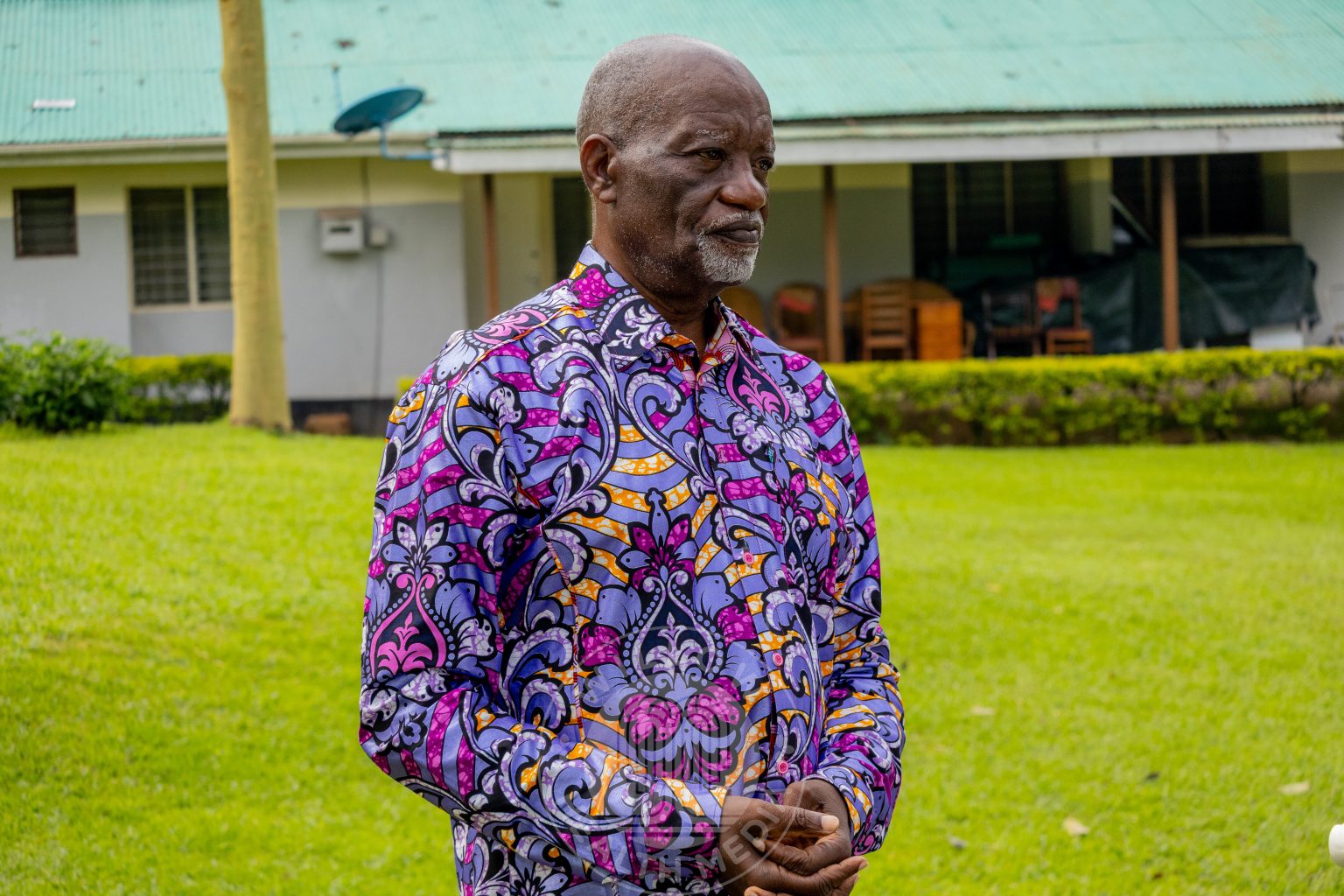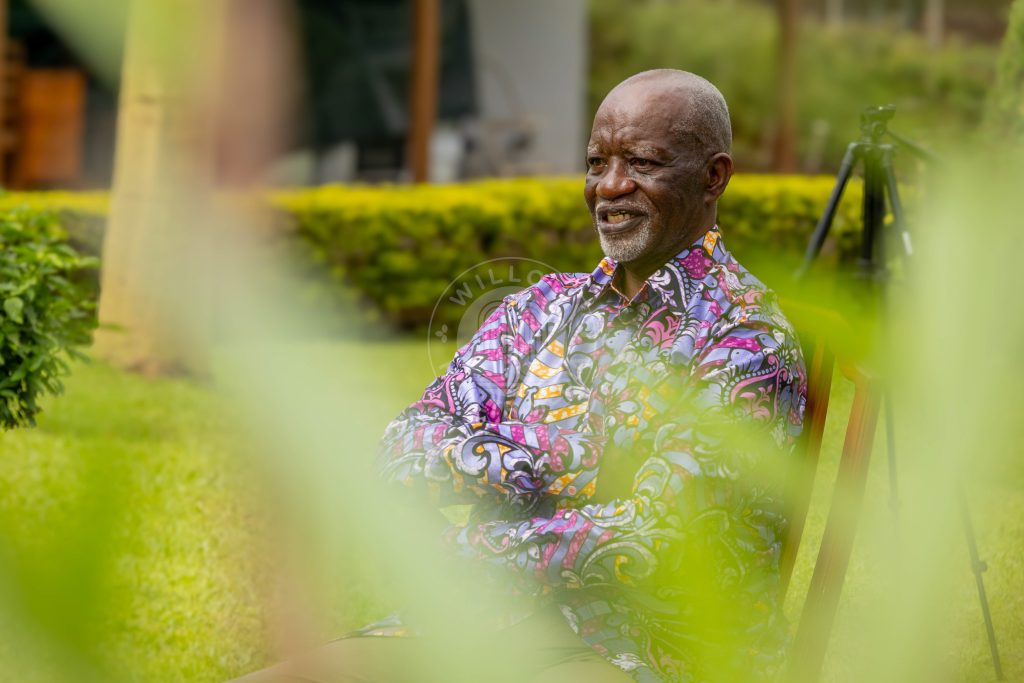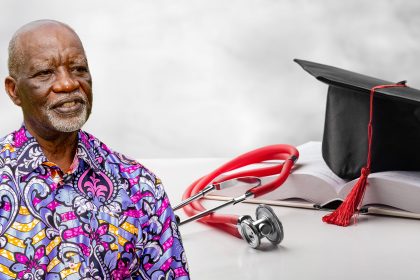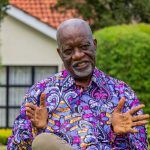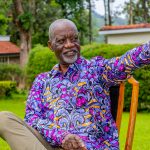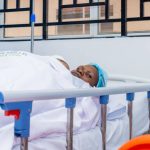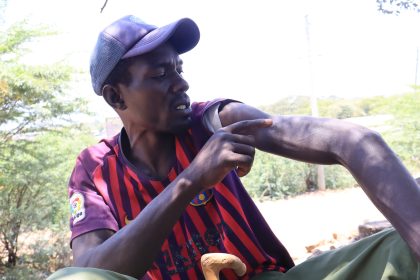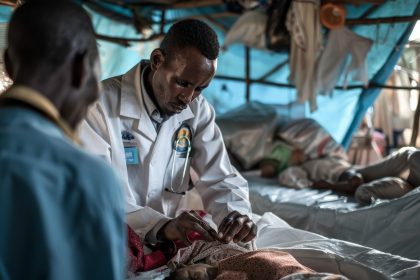After 25 years of civil war, South Sudan only had three medical doctors: Prof Rogo, an anesthesiologist and the Minister for Health, who operated under a tree.
Prof Khama Rogo, one of Kenya’s leading experts on public health systems, was head-hunted for the World Bank job and “It took a lot of persuasion for me to leave. I didn’t go there for the money. I was fine with my clinic in Nairobi,” he says.
After he left the World Bank, it took four people to fit in his shoes, which is hardly surprising.
In his “global hat” to borrow his phrase, Prof Rogo’s achievements speak for themselves.
He was once assigned to assess the entire health system of India. His unflattering report to the World Bank stopped a billion-dollar project “because they had cheated. People lost jobs,” he says.
However, the ultimate challenge was when the bank assigned him to develop a system for the world’s newest nation-state, South Sudan, which had been forged out of a 25-year-long civil war.
I found the first minister for health sitting under a tree
It was as if God had granted him a wish to go to the Moon and start a new health system from scratch.
“Sudan was a labour of love and passion to create a health system out of nothing. From zero to nothing,” he recounts.
“There was no health service apart from that at the garrison towns. When a woman was in very prolonged labour, men would start digging her grave,” he says of the country where he found the country’s first minister for health, a fellow that had been flown from refuge in Australia, sitting under a tree.
“No office, no nothing,” he recalls.
“I moved him from the tree to a tent, to a container, to a prefab and then a ministry in two years.”
It was a South Sudan where NGOs had a field day running health camps on big money, fleecing donors to enjoy their weekends in Nairobi. This, happening when the world’s youngest nation-state, emerging from the ravages of 25 years of civil war, had only three medical doctors: Rogo himself, an aesthologist and the minister.
Planes chartered from Nairobi couldn’t land in the bush
There was no bank, radio or telephone service, so when he organised the first health summit, planes chartered from Nairobi would fly to fetch ministers only to realise they couldn’t land in the bush.
Officials would collect bundles of notes to pay salaries. There was nothing like a Human Resource management system.
At one time, the rebel army stopped a consignment of drugs from entering the country via the Uganda border because it had not been informed.
It took a call from Prof Rogo, from Washington DC, to his former student, by then the minister for defence in Uganda, who ordered the army to escort the drugs to Juba.
South Sudanese politicians lined their pockets with project funds
The professor also recalls seeking the intervention of the World Bank boss in Ethiopia to explain to the Japanese government that South Sudan was a new state and therefore not subject to US-imposed sanctions against Sudan. That was after Toyota Motor Corporation had rejected an order for a fleet of Land Cruisers. The World Bank boss was Japanese.
His energies in South Sudan would experience setbacks as politicians lined their pockets with project funds. “As exiles in Kenya and Uganda, they had learned there was money in corruption,” he says.
Prof Rogo’s labour of love and passion would go up in smoke when the South Sudanese started their own civil war, destroying everything he had put in place.
The Doctor Who Transformed Women’s Health in Africa | Part 1
This in-depth interview journeys through Prof Khama Rogo’s life, from his childhood to medical training at the University of Nairobi in Kenya’s early years of independence, to becoming a leading voice in women’s cancers, reproductive health and global health systems.
Prof Khama Rogo: Inside Kenya’s Medical Training Chaos | Part 2
Kenya’s MMed programme pulls doctors from counties, leaving them understaffed.
Prof Khama Rogo says training should happen where services are needed.
Politicised medical school growth is diluting quality and worsening the crisis.
Prof Khama Rogo unpacks the broken logic of Kenya’s health system | Part 3
Kenya’s health sector is trapped in chaos, not from lack of funds, but due to cartels, poor leadership, and inefficiency. Prof Khama Rogo highlights uncounted health workers, cartelised internships, uneven doctor distribution, and political interference that cripple training and undermine patient care.



